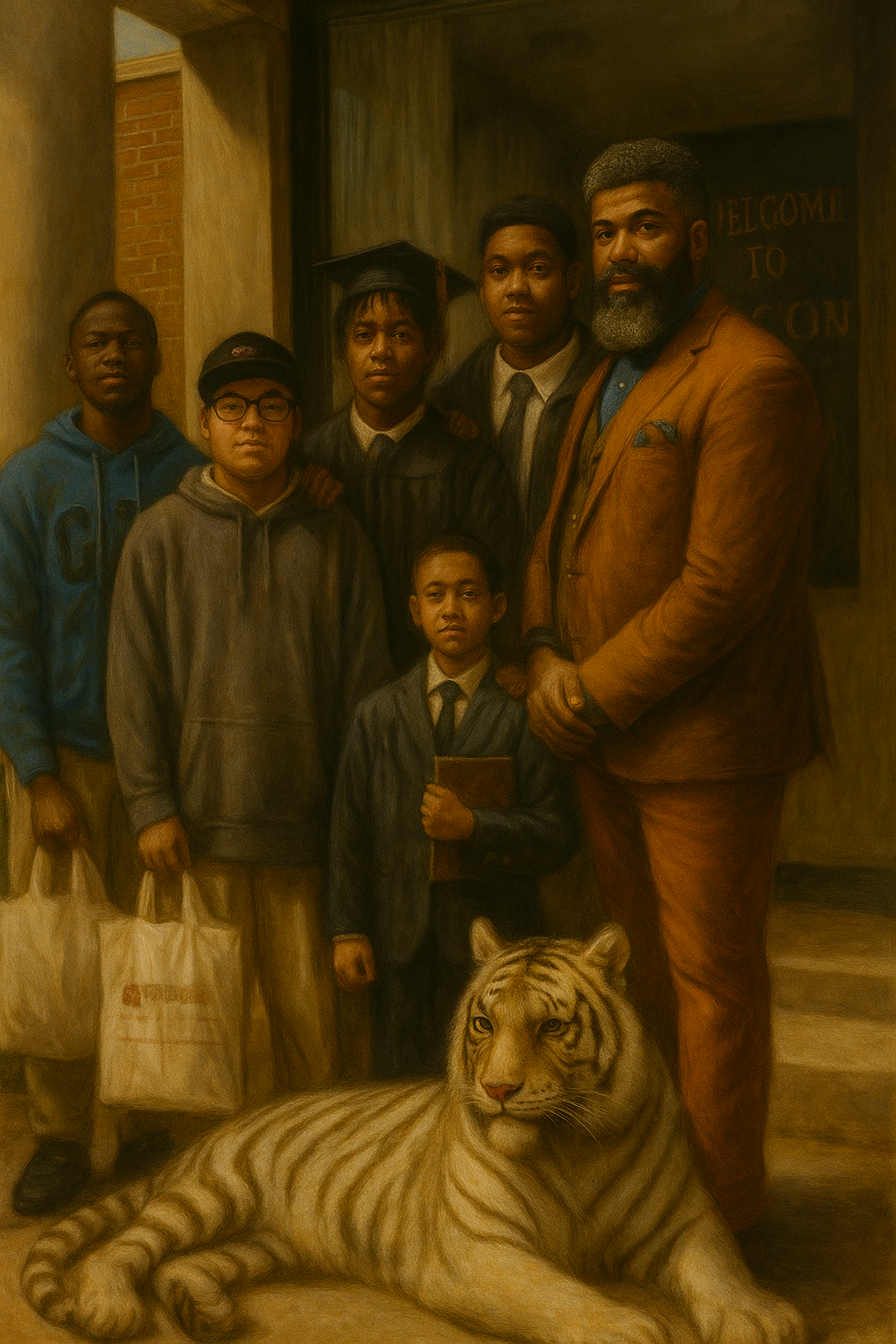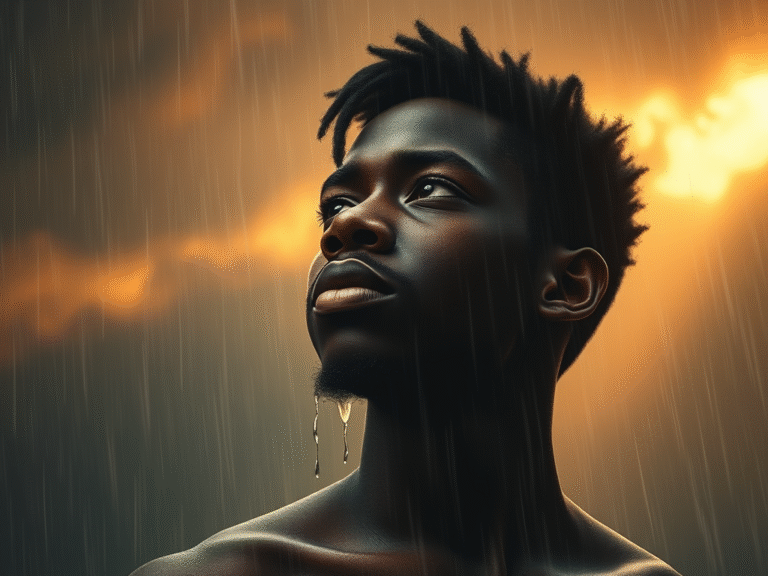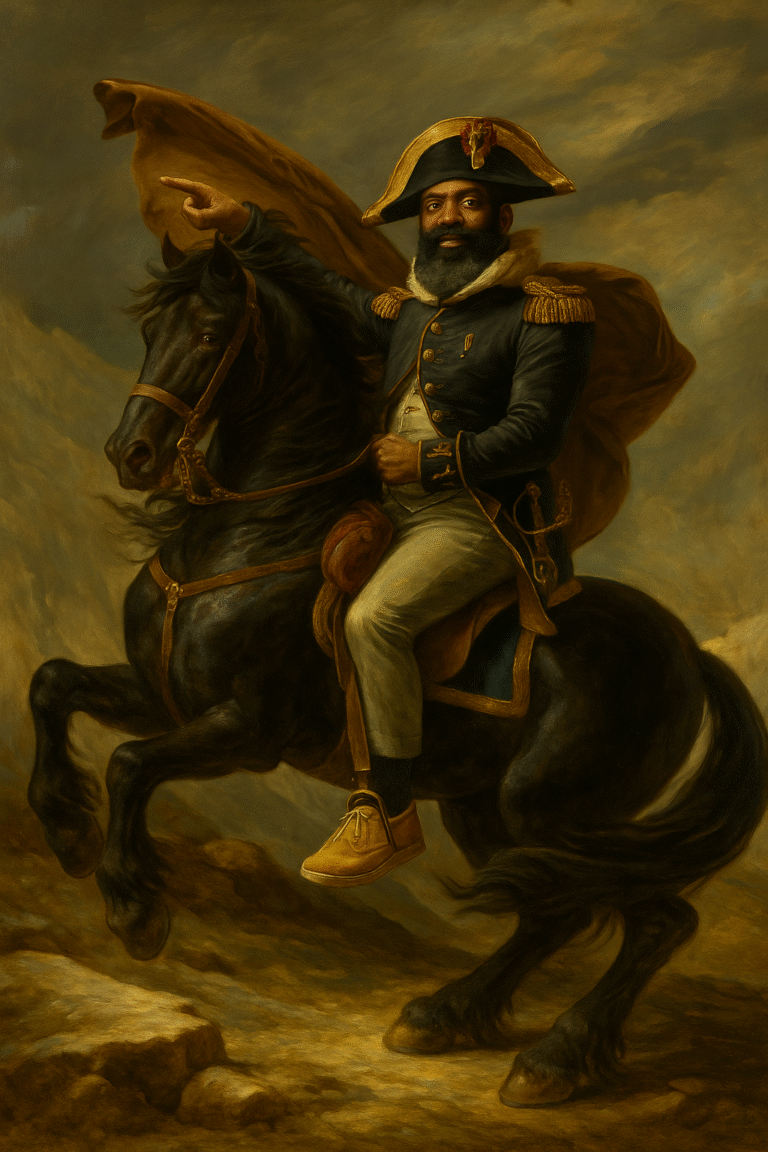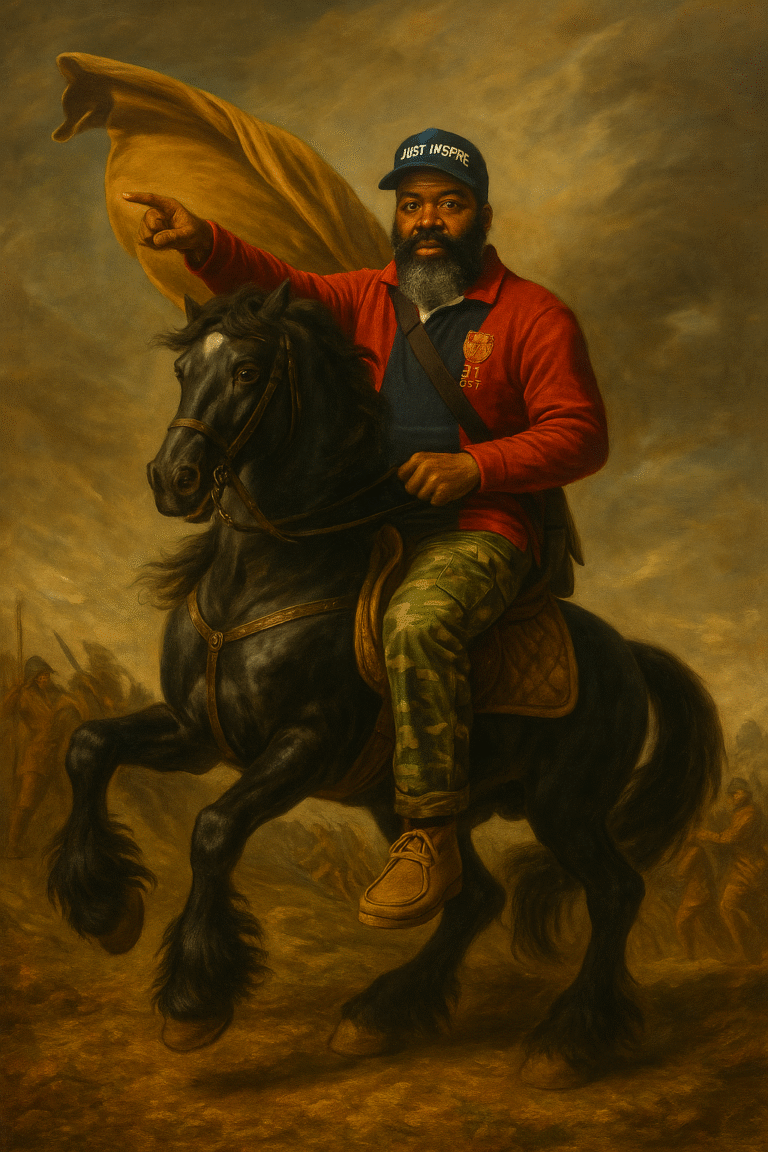We hear it everywhere:
“Black Boys Matter.”
But if that’s true, why are they disappearing from schools, ignored in opportunity pipelines, and constantly overlooked when it comes to real, consistent support?
As a veteran, a double Master’s degree holder, an educator, and a mentor—I’ve watched this pattern too many times.
I didn’t grow up in Baltimore, but I showed up here ready to serve.
I came believing that if you show love to a community, pour into its youth, and commit to the work, it would embrace you.
But reality hit differently.
Recently, I applied to do research at Morgan State University—a place I genuinely thought would be eager to uplift Black men in education. I was denied.
Ironically, I’ve been accepted to one of the hardest schools to get into: UNC Chapel Hill.
But I couldn’t get into Morgan.
That moment broke something open in me.
This isn’t just about systems—it’s about silence. And sometimes, it’s our own people keeping the volume down.
I’ve seen over 1,000 Black men voice the same thing:
“We don’t feel supported. Not by systems. Not by friends. Not even by family.”
We’re not being dramatic—we’re just being real.
Many of us are walking around on our last leg, piecing together strength just to get through the day.
And when we speak up about burnout or brokenness, we’re met with either indifference or invalidation.
Let me be even more honest:
This is not just a race issue.
In 2025, Black people can be just as dangerous to the health of Black men as anyone else.
Yes, state violence is real. But for every time a cop has taken the life of a Black man—how many times have we done it to each other?
Ask yourself:
Would you have helped that same brother before he got done in by the system?
I’ll answer for you—you wouldn’t.
Because you’re not helping anybody now.
How many of you are actually pulling someone up as you climb?
I can say this:
Everywhere I’ve worked, I brought other brothers in.
I reached back. I opened doors. I extended my name and reputation.
Until I got to Baltimore.
The city has a reputation. I tried to ignore it.
People warned me: “They don’t treat outsiders well.”
But I came anyway, believing: A good man doing real work for the youth—that’s gotta count for something.
And now, as I stand up again, beat down but never broken, I know this:
Black men don’t just need awareness—we need champions.
Not just to protect us from the system,
but to protect us from the loneliness of doing this work alone.
And if I’ve got to be that champion—so be it.
“Down, but never out.”
We’re not here to be your poster.
We’re here to be present.
Support us. Stand with us. Build with us.
Because we’ve been carrying the future on our backs long enough.
🏫 The Push-Out Starts Early
According to education data, Black children make up about 18% of U.S. preschoolers but account for nearly 48% of suspensions . We’re pushing these boys out of classrooms before they even learn to write their names. This is not discipline—it’s exclusion.
As Dr. David E. Kirkland puts it:
“Most Black boys go to school and learn to hate school… They’re told from day one that they’re a problem.”
By high school, these same students often feel invisible, conditioned to believe that institutions work against them, not for them.
When the System Decided for Me
I started in a talented and gifted early-start program—full of curiosity, energy, and promise. But that changed when I transferred into PS 52. First grade. A room full of adults who didn’t see my potential, only their own assumptions.
They made the call to hold me back. Not because I couldn’t keep up. Not because I wasn’t capable. But because of bias—unspoken but deeply rooted.
My father fought for me. He stood tall in rooms where he was outnumbered, trying to advocate for his son. But one man against a chorus of voices already convinced otherwise? That battle was over before it began.
I wasn’t behind—I was ahead. But over time, I learned a dangerous lesson: I could do the bare minimum and still outpace many of my peers. So I did. And that spark I started with? It dimmed. Not because it died, but because the system trained me to survive—not to thrive.
👨🏿🏫 Representation Matters — but It’s Almost Missing
Only 6% of K–12 teachers are Black, and a mere 1.7% are Black men . Representation is more than symbolic—it matters deeply. Black educators provide validation, mentorship, and an example of what Black success can and should look like. But the pipeline is collapsing.
As Kirkland notes:
“When Black men do make it to college… teaching isn’t seen as sustainable… school was a place of trauma—and why would we want to return to that?”
💡 A Personal Reflection
I applied to a HBCU to be a part of that representation. I thought they wanted me. Instead, I was denied.
Ironically, I got into UNC Chapel Hill—one of the most selective schools in the country—hmm. That moment exposed something painful: good men get overlooked too, even when we show up.
And I’m not alone—over 1,000 Black men I’ve spoken with describe the same thing:
“We feel unseen. Not by systems. Not by friends. Not by family.”
⚠️ We Need More Than Acknowledgment… We Need Action
This isn’t a race issue alone—it’s a community issue.
It’s a culture issue where well-meaning phrases and strategic headlines aren’t backed by funding, training, and follow-through.
For every story we tell, there’s another Black boy pushed out before age 5.
For every panel, there’s another Black man that doesn’t get the call or the seat at the table.
Where are the men actively lifting as they climb?
Don’t ask boys to believe in greatness when they’ve seen adults give up on them.
🌱
What We Must Do
- Invest in Black male educators: support HBCUs, offer mentorship stipends, pay for educational debt.
- Ensure early support, not early suspension—restorative discipline, trauma-informed care… radical care.
- Champion men who do the work, not just those who speak well about it.
- Build pipelines that don’t gatekeep, but open doors for men who show up unglamored, underpaid, and underpromoted.
✊🏾 “Down, but Never Out”
I got beat up by the system. I’ve been overlooked.
But I’m still standing.
We’re still standing.
And I’m here—ready to be the champion Black boys and men deserve.
No more empty platitudes.
No more performative allyship.
Let’s prove we mean it.







